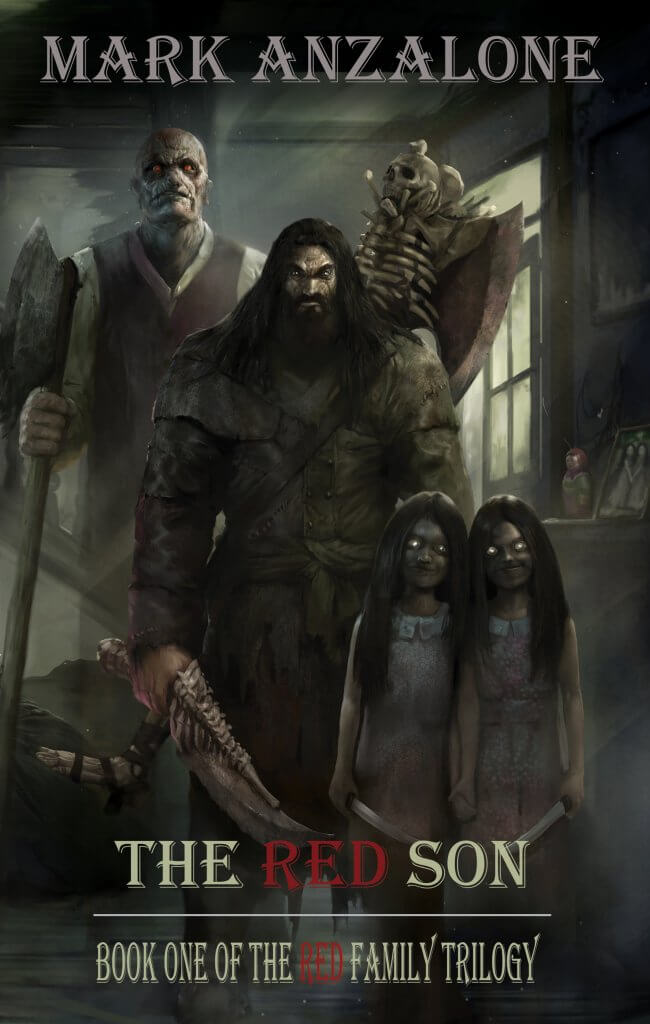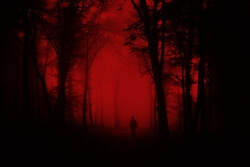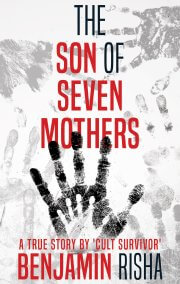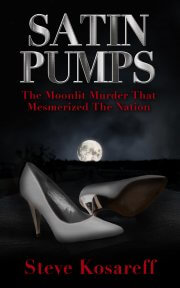Why do we enjoy horror? This question has been batted around for quite some time, primarily due to the inhered irony of enjoying things that should, if they were real, terrify us. So, as a newly published author of horror, I thought I’d take my turn at bat.
Something I should get right out of the way is that—like most people, I’d wager—I don’t read horror stories because they might frighten me. I read them because they fascinate me. The same goes for horror movies and all things that seek to exploit the theme of things going bump in the night. Horror, for me, seems to give wonderful substance to some darkly vague concepts I have concerning the world—those things that might lurk the lonely places that lie at the limits of my vision and beyond, or what might squirm about beneath my bed in the dead of the night. But why should that fascinate rather than terrify us? I’d guess it has something to do with our need to find meaning in the meaningless.
Consciousness, above all else, seems designed for problem solving, and the biggest problem humans must reckon with is this: Nothing on this planet, in this universe, or even within ourselves is what we’d like it to be. The mind’s solution to this conundrum, much like my character Jack Lantern, is a simple if inelegant one—cover it all up.
The imagination, perhaps more so than any other aspect of the mind, has kept humanity stable and relatively sane, ultimately allowing it to survive within a world entirely unsympathetic to its wants, if not its fundamental needs. This comes into crispy focus when we examine the outputs of the imagination—it covers the brutal truths of death and pain and tragedy and loss with countless deities, aliens, ghosts, legends, etc. However, I’m not implying that humanity is wrong for doing so. For all I can see, it’s an integral part of our nature.
Generally, when we try to gloss over the dingier truths of our reality, we like to dress them in gaudy shades of the poetic and pretty, making them more receptive to our quest for flowers in the void. Take for example the Indigenous Americans, who reconceptualized the cruel antics of animals as nature’s way of fostering the tenuous balance between living and dying—as soulful a meditation on the turns of predator and prey as you’re likely to hear. But consider what the opposing thesis of a rabbit might sound like—specifically, a rabbit who’s presently being digested along the acidic, ever-constricting, lightless corridor of a snake’s gullet. Or perhaps contemplate the garbled refutations of the ant, whose internal organs are slowly liquifying from the sting of a spider, the same spider that is currently eating it alive. Viewed in all its dank starkness, the business of the natural world could hardly be thought beautiful, at least not by my understanding of the word.

All this brings us back to literary horror, and why we cherish it so. As awful as our contrived monsters/spirits/killers/whatever can get, they still regard us in some way, a way that makes us somewhat relevant to them. This differs entirely from the real horrors of our quiet little outpost in the void, where nothing cares about us, everything can be deadly, and Mother Nature doesn’t spare us a first thought, let alone a second. Literary horror seems to create a more entertaining perspective on the slings and arrows of our misfortunes—it supposes an intention to them. It’s through the personification of the world’s real-life horrors that we divest ourselves of them, allowing us to cover up with the amusing spookiness of a haunted universe, all while blinding ourselves to the world we actually live in—the scariest story ever told.





 Join our email list
Join our email list
Leave a Reply